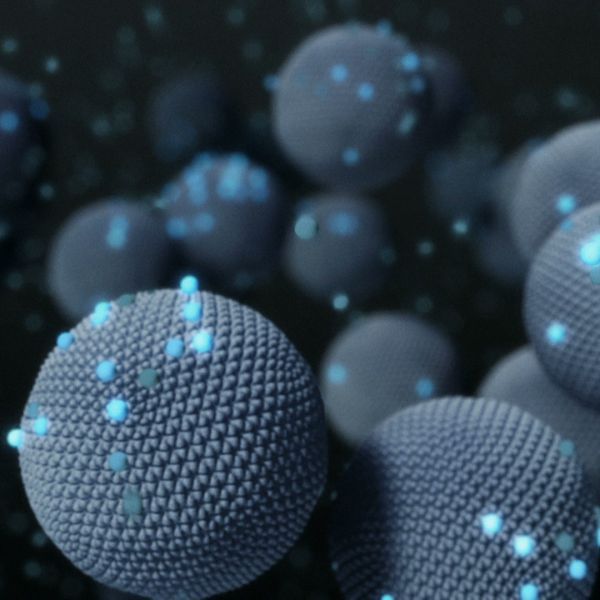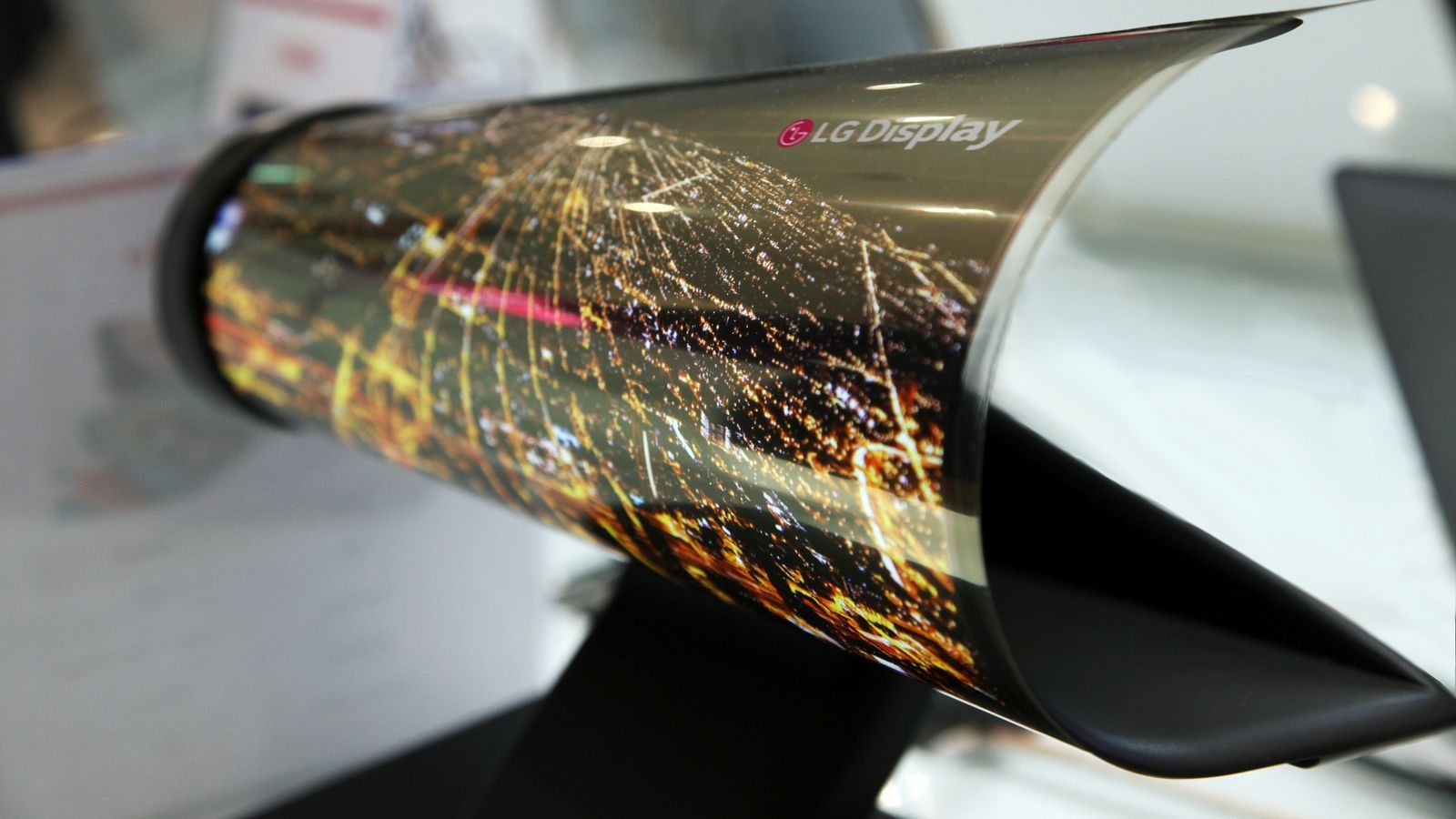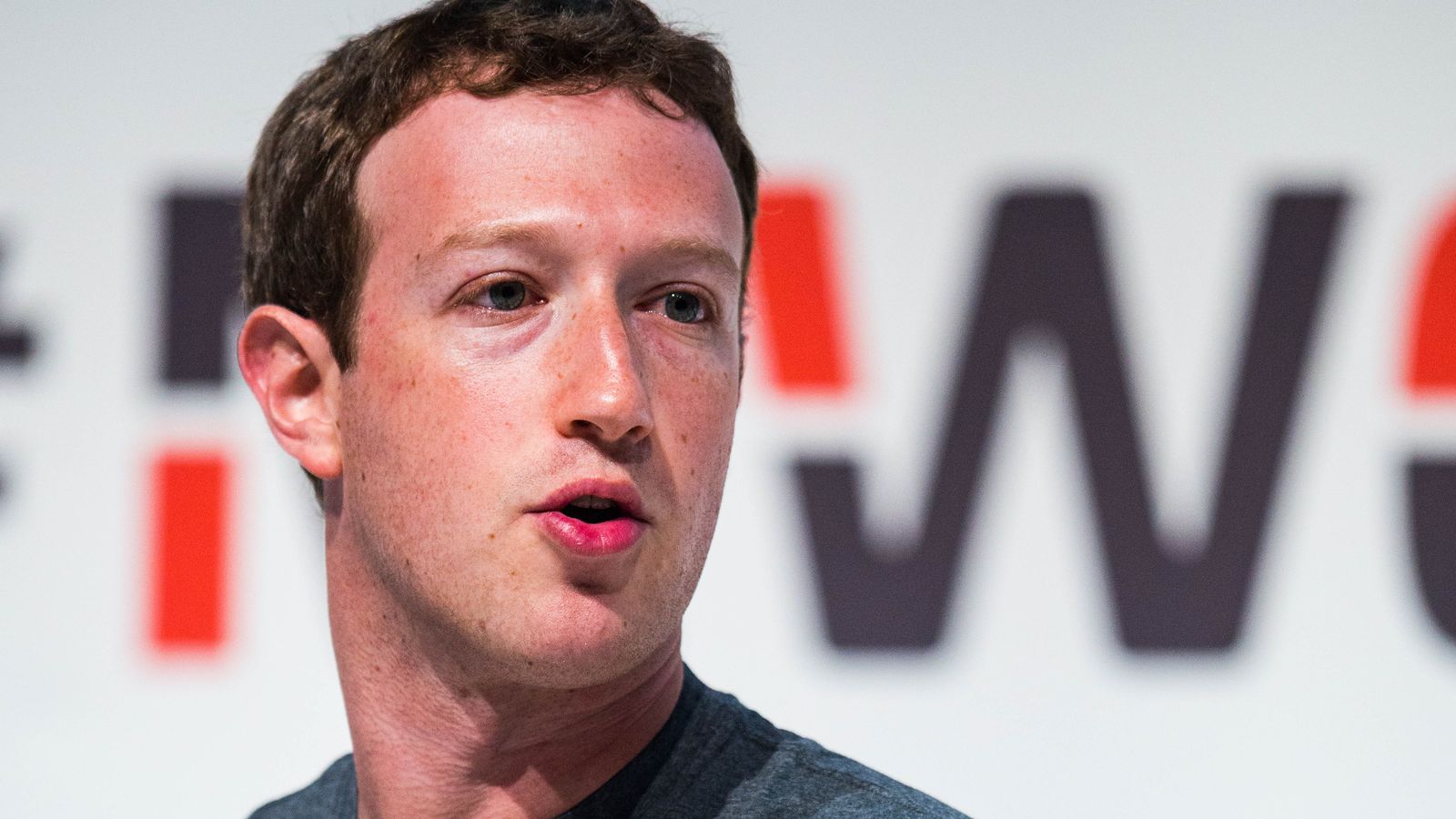In a not too distant future, societies of all countries come to rely on an intricate network of artificial intelligence devices designed to bring efficacy to man’s life. Yet, man continues to devour himself in useless wars. A strong political hierarchy now divides all powers into three factions, and A. I. devices rapidly gain ground as efficiency becomes a priority.
As social revolts grow worse everyday, authorities seek ways to control their citizens. They decide to carry out a series of tests that will determine not only whether some crucial powers can be transferred to non human entities, but also whether man is ready to yield those powers.
The world has become a cell for all man and women, who withstand and endure their lives, rather than living them. Machines might have found a solution.
From now on, you are set free…
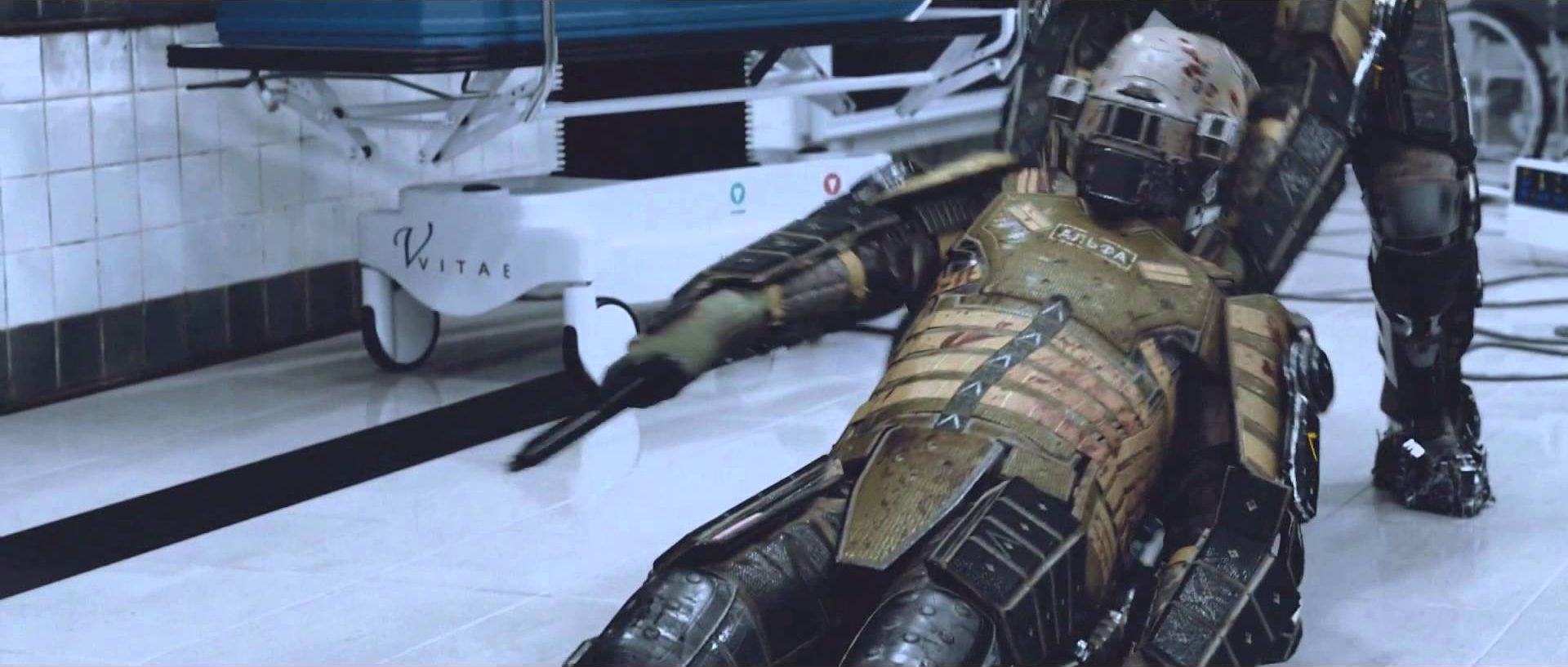
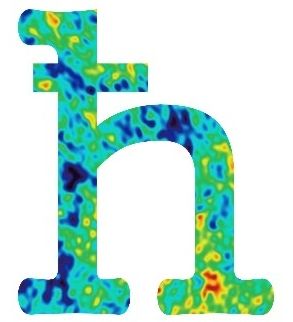

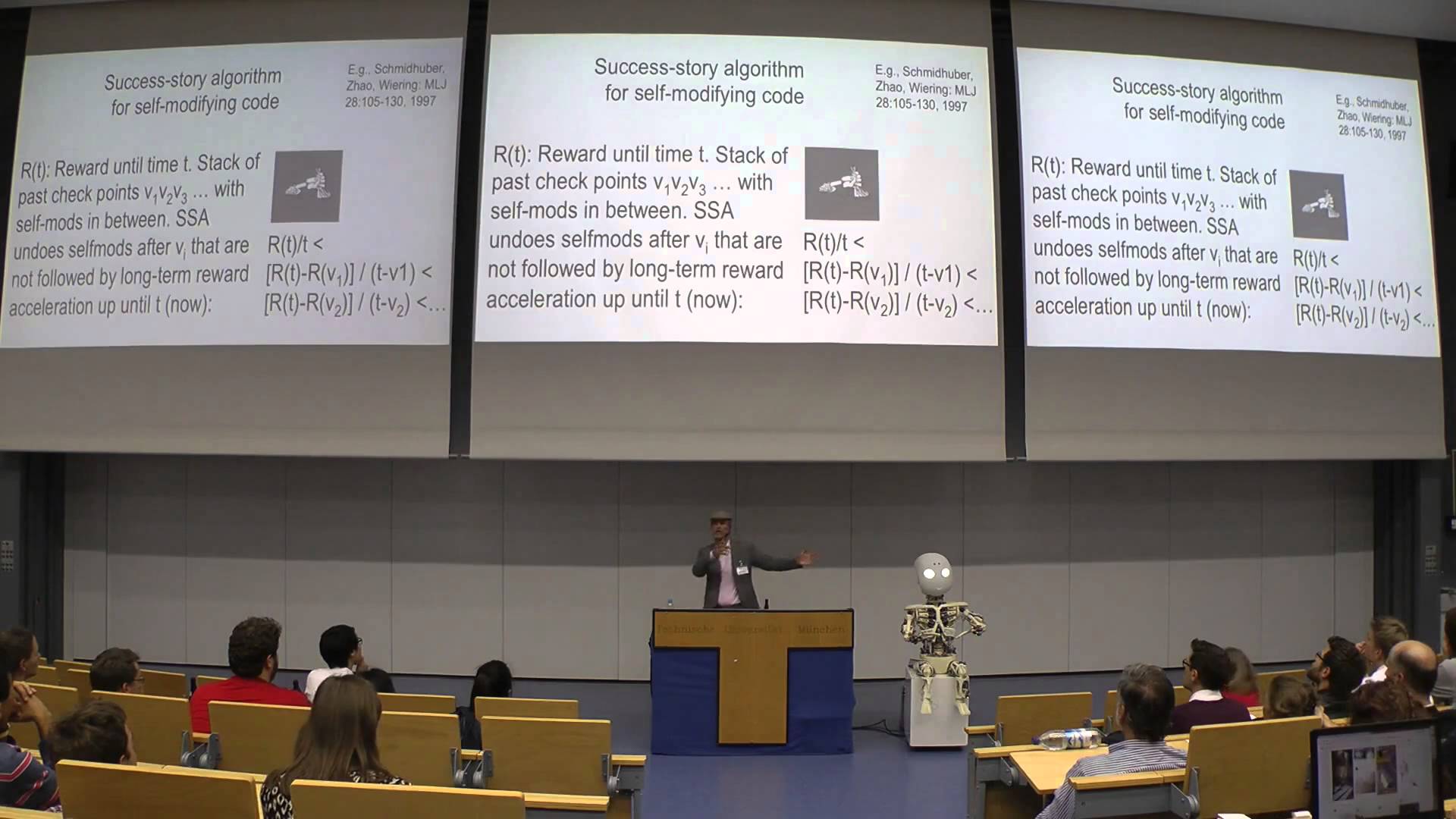
 Deep Learning in Action | A talk by Juergen Schmidhuber, PhD at the Deep Learning in Action talk series in October 2015. He is professor in computer science at the Dalle Molle Institute for Artificial Intelligence Research, part of the University of Applied Sciences and Arts of Southern Switzerland.
Deep Learning in Action | A talk by Juergen Schmidhuber, PhD at the Deep Learning in Action talk series in October 2015. He is professor in computer science at the Dalle Molle Institute for Artificial Intelligence Research, part of the University of Applied Sciences and Arts of Southern Switzerland.

